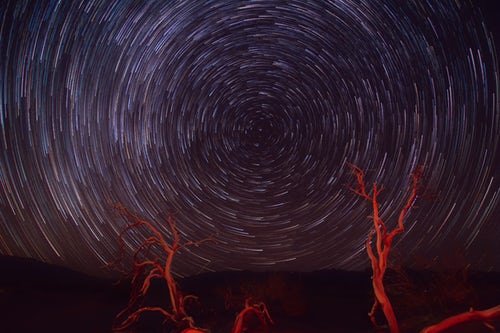"Divine" Imagination: Overthinking Over Thinking

I think a lot while I'm at work. Most of my job is psychical labor and that allows my mind to wonder. There are coworkers around but the noise and nature of our profession make talking for any length of time difficult so I daydream, instead. I think about the things that I would like to write. I think about stories that I will, likely, never tell. Truth and fiction dance with one another and become one blur of images and words that can only be understood my me. People are born, and live, and die as empires rise and fall in my head. Today, I thought about thought. I wondered if the characters that inhabit my imagination are aware of their lack of solid form. Do they realize that they are not "real." Are they really not "real?" Who would I be to them and how would they view the mental process that bore them into existence? I toyed with those questions while I moved heavy things around in the harsh industrial lighting and I came to a conclusion: Thought is a very real act of "divine" creation in which the thinker exists as a deity who governs the created world which can, under the right circumstances, affect the actual world.

We might not be able to control the world around us but we can still govern our own minds and this ability to imagine whatever we wish would seem "divine" from the perspective of the imagined. We may lack such grand agency in our own reality but the parameters are different in an imagined universe and we are the ones who get to dictate them. We are beings who can think worlds into existence and populate them with whatever we choose. These imagined creatures know only what we allow them to know. They are only capable of what we allow them to do. They were created out of nothing and they return to nothing when we grow tired of imaging them. To the imagined, the thinker is an all powerful god.
Our creations are more "real" than we often give them credit for. Some may argue that since our thoughts have no tangible substance, they are not "real." It is true that the people who I might imagine have no flesh and blood. It is true that they do not exist in our "real" world. However, they do possess an agency to cause change in reality. An imagined character in a story may influence the actions of a real person, for example. A thought that we project to others might breed new ideas in the "divine kingdoms" of their own minds. They may only exist as "vapor" but our thoughts do have some actual power when we share them and, in my mind, that should qualify our inner creations as "real-enough."

I am sure that the ultra-religious would call this a blasphemous view of creation and many others would call it the babblings of someone who took his love of the fun sort of fungus a little too far (that one might be true) but I think this may be an effective way to frame the concepts thought and imagination. It places the importance on the act of imagining that it deserves. It acknowledges the power that thoughts can have. Finally and more importantly, it puts a responsibility on the thinker because he or she can no longer simply discard valuable thoughts if they are seen as the fruits of his or her "divine" creation. To me, that last bit seems like it would encourage an outlook that nurtures creativity and creativity something that needs to be nurtures, I think.
Peace.
All the images in this post are sourced from the free image website, unsplash.com.